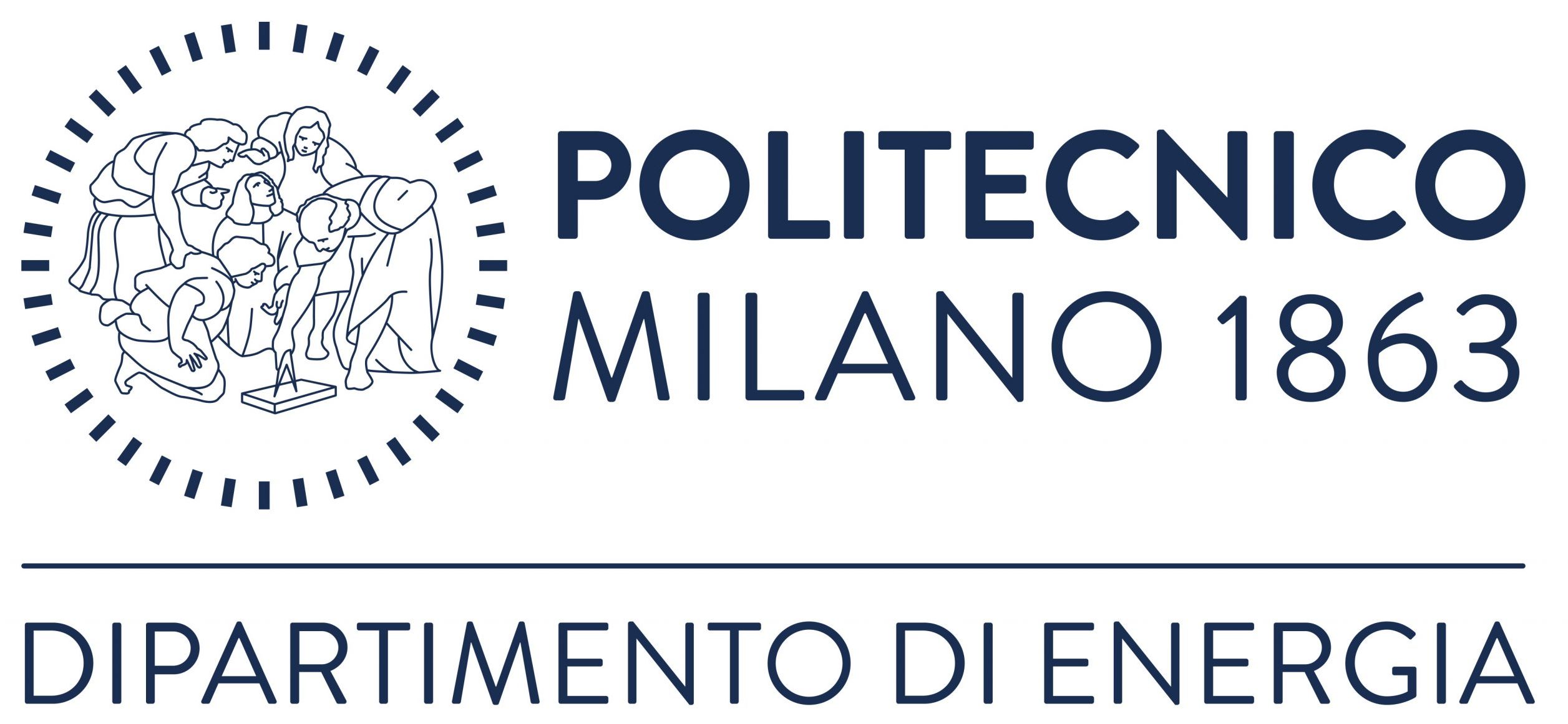In recent years, the volume of data and information collected by the industry has been growing exponentially, and more sophisticated and performing analytics have been developed to exploit their content.
This offers great opportunities for optimized, safe and reliable productions and products, including optimal predictive maintenance for “zero-defect” production with reduced warehouse costs, and improved system availability, with “zero unexpected shutdowns”. To grasp these opportunities, new system analysis capabilities and data analytics skills are needed.
The goal of this course is to provide participants with advanced methodological competences, analytical skills and computational tools necessary to effectively operate in the areas of reliability, availability, maintainability, diagnostics and prognostics of modern industrial equipment and systems. The course presents advanced techniques and analytics to improve safety, increase efficiency, manage equipment aging and obsolescence by setting up condition-based, predictive and prescriptive maintenance and asset management strategies.
ORGANIZERS
Department of Energy, Politecnico di Milano
Laboratory of Analysis of Systems for the Assessment of Reliability, Risk and Resilience (LASAR3)
Energy Data and Information Lab (EDILAB)
SUPPORT
IEEE – Reliability Society, Italian Chapter
MINES Paris-PSL University, Centre de Recherche sur les Risques et les Crises (CRC), Sophia Antipolis, France
LASAR3 mission: safe and sustainable industries and services
The World is in a continuous dynamic transition, wherein the digital, physical and human dimensions are interrelated in socio-cyber-physical systems and where the human centricity is enforced towards a holistic perspective of people-planet-sustainable prosperity (industry 5.0). Globalization, complexity and climate change bring uncertainties and challenges to the safe, sustainable and efficient operation of industrial systems and critical infrastructure.
At LASAR3 we develop computational methods that leverage knowledge, information and data for the safety and sustainability of industries and services. Across more than 30 years, LASAR3 has been committed to the personal and professional growth of young researchers, breeding more than 20 postdoctoral researchers, 50 PhD students and 100 MSc. Students. The commitment has been pushed through cutting-edge research projects, collaborations with academic and industrial partners, and participation in international conferences.

